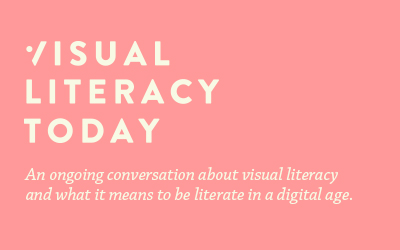This article describes the process and outcomes of working with an undergraduate writing course as they created original scholarship for a digital map edition. Traditionally, library interventions in writing courses are limited to introducing students to library resources, developing better search terms, and research strategies. More recently librarians have incorporated primary source materials from special collections and archives into some classes as a way to engage student research. We worked with a faculty writing partner to introduce students to an archive but framed the experience through the lens of spatial thinking.
The quality of a data display can have an impact on the interpretation of those data. A survey of the literature indicates that data displays can vary in quality of accuracy, clarity, and efficacy. In this study we develop and apply an evaluative rubric to graphs in a sample of six education journals: three research and three practitioner. Results indicate that graph quality is typically high in educational journals, however, in practitioner oriented journals issues around graph clarity and efficacy should be addressed. Common error patterns are pinpointed, and four recommendations are made to authors and editors: focus on meaningful labels, increase amount of data displayed, portray multiple relationships, and elaborate with supporting text.
This paper presents a brief overview of infographics, together with study which was originated to discover what motivates people to design infographics and what are the components of the creative process. Section 2 provides a literature overview. Section 3 outlines the methodology of experiment. Section 4 presents obtained results. Section 5 presents conclusions and future directions in studies of processes in designing infographics, outlines the important problem for further research.
This chapter examines how new visual literacies allow students to create meaning and develop competencies needed for the 21st century. Today’s generation is continually exposed to visual and digital media. Through empirical work, this chapter highlights how emerging visual technologies such as big data, infographics, digital badges, electronic portfolios (ePortfolios), visual social media, and augmented reality are facilitating the development of technology-related skills required for students in academics and in the workforce. Each visual technology platform will be examined for their usefulness in promoting engagement, subject-matter knowledge, and collaborative learning outside the traditional classroom approach.
The focus of this discussion revolved around a project conducted in an introductory college course on business statistics. Students used statistics to analyze e-voting data and learned how to visually represent their analysis. Students were introduced to infographic software and visual literacy competencies. Working in small groups, students used infographic software to develop visual analyses. The instructor and librarian instructor established a rubric for students as a framework for their visual representation. Students developed and demonstrated knowledge in all seven skill areas defined in the Visual Literacy Competency Standards for Higher Education
For the benefit of students, employers, and society, data literacy must be recognized as a necessary civic skill (Swan et al., 2009). This recognition should come from all levels of government, and from post-secondary institutions. There needs to be agreement on what
elements of data literacy are necessary in an undergraduate core curriculum, in order to provide a consistent foundational education for those entering an increasingly data-dependent workforce.
The role of data literacy is discussed in the light of such activities as data a quality, data management, data curation, and data citation. The differing terms and their relationship to the most important literacies are examined. The paper aims to discuss these issues.
